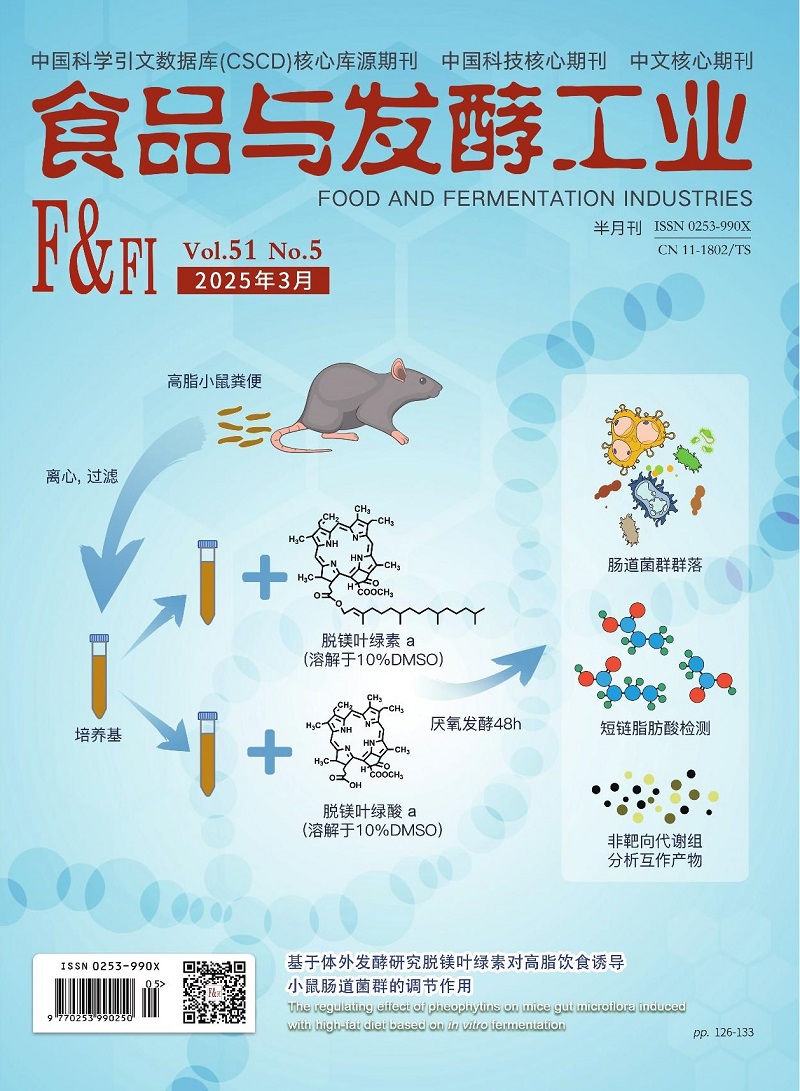
This study investigated the regulatory effects of pheophytin (a magnesium-free chlorophyll derivative) and its metabolite pheophorbide on the gut microbiota structure and metabolism in mice induced by a high-fat diet. Using an in vitro anaerobic fermentation model, purified pheophytin and pheophorbide were added to fecal microbiota from high-fat diet-fed mice. The impacts on microbial composition and metabolic outputs were systematically analyzed via 16S rRNA sequencing, targeted short-chain fatty acid (SCFA) quantification, and untargeted metabolomics.
Key findings revealed that, at the phylum level, pheophytin significantly increased the abundance of Proteobacteria while reducing Firmicutes—a phylum strongly associated with obesity. At the genus level, the pathogenic Escherichia-Shigella was notably suppressed (P<0.05). SCFA analysis demonstrated that pheophytin significantly elevated the production of acetate, propionate, and butyrate (P<0.05), metabolites critical for maintaining gut barrier integrity and regulating host metabolism. Untargeted metabolomics further identified lipid compounds, amino derivatives, bile acid salts, and antibiotic-like substances (e.g., istamycin AO and fusidic acid) induced by pheophytin, potentially explaining its inhibitory effects on pathogens.
The study innovatively utilized purified pheophytin (rather than crude chlorophyll extracts) to clarify its direct role in modulating gut microbiota. Results suggest that pheophytin may alleviate high-fat diet-induced dysbiosis and metabolic disorders by reshaping microbial composition, enhancing beneficial metabolite production, and suppressing pathogenic bacteria. However, limitations of the in vitro model necessitate further validation through animal studies to confirm mechanisms and health implications.
This work provides a theoretical foundation for applying chlorophyll derivatives in managing gut microbiota and metabolic syndromes, offering insights for developing functional foods or therapeutic targets. Future research should focus on in vivo experiments to unravel molecular interactions between pheophytin, microbiota, and long-term host health outcomes.